Volleyball can be a physically intense sport. As a result, it’s common for players to be a little sore after a game. So, what are some of the best ways for you to relieve your aching muscles?
There are plenty of effective ways to ease sore muscles. One of the best options is to stretch before and after the match. You can use ice or heat packs to control the swelling. You should also get a massage to relieve muscle tension and give yourself some time to rest after each match.
Getting sore muscles is common. But that doesn’t mean that you need to accept the pain. Keep reading to learn some of the best ways to get some relief.

Why Your Muscles Ache After a Game
Before we can start talking about how to ease muscle pain, it can be a good idea to learn about why this pain occurs in the first place. There are a few potential causes. These include:
- Muscle damage. When we do physical activities, like playing sports, it can tear our muscles. This can cause pain and inflammation. The good news is that your muscles will grow back stronger.
- Metabolic products start building up in the blood. When you are exercising your body uses up important materials, like oxygen. This is why you start to feel fatigued after a game. The build-up of these products can also contribute to muscle pain.
- Type of movements you are doing. Volleyball requires you to do a lot of physically intense activities. You’ll be expected to lunge, make explosive movements, and stretch further than you normally would.
- Injuries. Sometimes, your pain can be caused by an underlying injury. If it doesn’t go away, or it starts to get worse, you should visit your doctor.
Often, you will start to experience fatigue between one to three days after the game. Now that we know why this pain is occurring, we can start to look at how you can overcome it.
Stretching Before and After a Game
One of the most important things you can do is stretch before the game. This is a good way to prepare your muscles for physical activity. You should also stretch after the game. This is a good way of warming down. There are plenty of stretches that you can do. These are three of the best.
Volleyball provides a whole body workout. Because of this, you’ll need to find a stretching routine that engages all the muscle groups on your body. Some of the most important muscle groups include:
- Hips
- Shoulders
- Forearms
- Legs
- Wrists
- Abdomen
- Lower back
Use Ice or Heat Packs
Even if you stretch, there is still a chance that you will end up with a sore muscle. Occasionally, it will be accompanied by swelling. Thankfully, the inflammation will be easy for you to control. You can use heat or ice packs to do this. All you need to do is put it onto the affected area. You should start to feel the effects within an hour.
Another good option is to use over-the-counter topical relief. In this case, all you need to do is rub these ointments onto the part of the body where you are experiencing pain. These can also be applied before the game, as a preventative measure.
However, you should limit your use of pain medication. Unfortunately, these can be very addictive. Used over the long term, they can do a lot of damage to your body. Plus, some studies have shown these types of medications can limit your muscle growth.
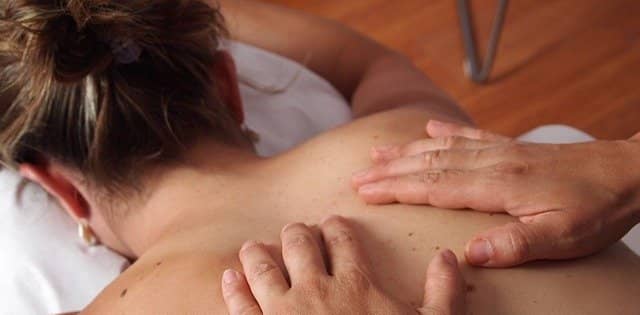
Get a Massage
Sometimes, muscle tension might be responsible for the pain that you are experiencing. There are a few ways that you will be able to overcome this. First, you can get a massage. The massage therapist will be able to find areas of muscle tension and work on loosening the muscles. Alternatively, you can try acupuncture.
Paying for these sessions after each game can quickly become a drain on your wallet. The good news is there is an at-home alternative. You can use a massage gun. All you need to do is put the gun against the areas where you are feeling muscle tension. It will often come with multiple heads, depending on the type of pain you are experiencing.
A third option that you can explore is using a foam roller. All you need to do is put the affected part of your body onto the roller. Then, slowly move up and down. It should start to remove the tension and ease the pain.
You may also consider bringing a foam rollers on tournament days, when you spend a lot of time playing intensely then sitting and waiting in-between games. Keeping your muscles loose in between games is important, as it prevents injuries and muscle soreness the next day.
Do Some Light Exercises
Even though your muscles might be aching, that isn’t a reason to sit on the couch. In fact, the best thing you can do for your recovery is to continue to exercise. This will help ensure that oxygen is still getting to your muscles. On recovery days it’s best to stick to some low-impact activities. Here are some of the options that you can explore:
- Swimming
- Yoga
- Tai Chi
- Walking
- Cycling
Drink Plenty of Water
Your recovery time might be affected by the type of diet you are consuming. More specifically, the amount of water you are getting. If you are dehydrated, your body will struggle to transport nutrients effectively. As a result, muscles will take longer to heal. It will also loosen the joints, this is why lack of water is linked to muscle cramps.
Eat the Right Diet
After a big game of volleyball, it’s important to make sure that you are giving your body the nourishment it needs. This will help you build more muscle mass and speed up the recovery process. What you eat is up to you, but there are a few guidelines that you should consider.
First, you must be getting plenty of protein. This is what will help you grow muscle. You should also aim to get something that has some carbohydrates. This will help you replenish your energy stores. It’s best to get between 20 to 40 grams of protein and carbohydrates after your game.
You will also need to get plenty of protein during the day, even when you aren’t exercising. As a general rule, try to eat around 1.5 grams of protein for every kilogram of body mass. Click here for Eating out after your game: the best postgame snacks

Give Yourself Some Time to Rest
When you live an active life it’s important to focus on the amount of sleep you are getting. When you are sleeping you will be giving your body time for protein synthesis. It’s often recommended that adults get between seven to nine hours of sleep each night.
It’s understandable if you want to spend as much time on the court as possible. After all, the more you are playing the better your skills will become. However, if you don’t give your muscles enough time to heal you can end up doing long-term damage.
Often, your muscle pain should start to dissipate within a few days, especially if you are using these techniques. If this doesn’t happen, or the pain starts to get steadily worse, it might be a sign that there is something wrong. In this case, you should visit your doctor and get them to check it out.
Final Thoughts
It’s common for players to get aching muscles after an intense game of volleyball. After all, you have pushed your body to the limit on the court. The good news is that this pain doesn’t need to be permanent. There are plenty of ways that you can seek relief. As long as you are stretching, massaging the muscles, eating the right foods, and giving yourself some time to rest the pain should soon pass. Then, you’ll be ready to get back onto the court for your next game.
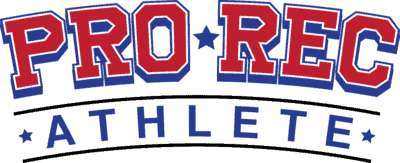
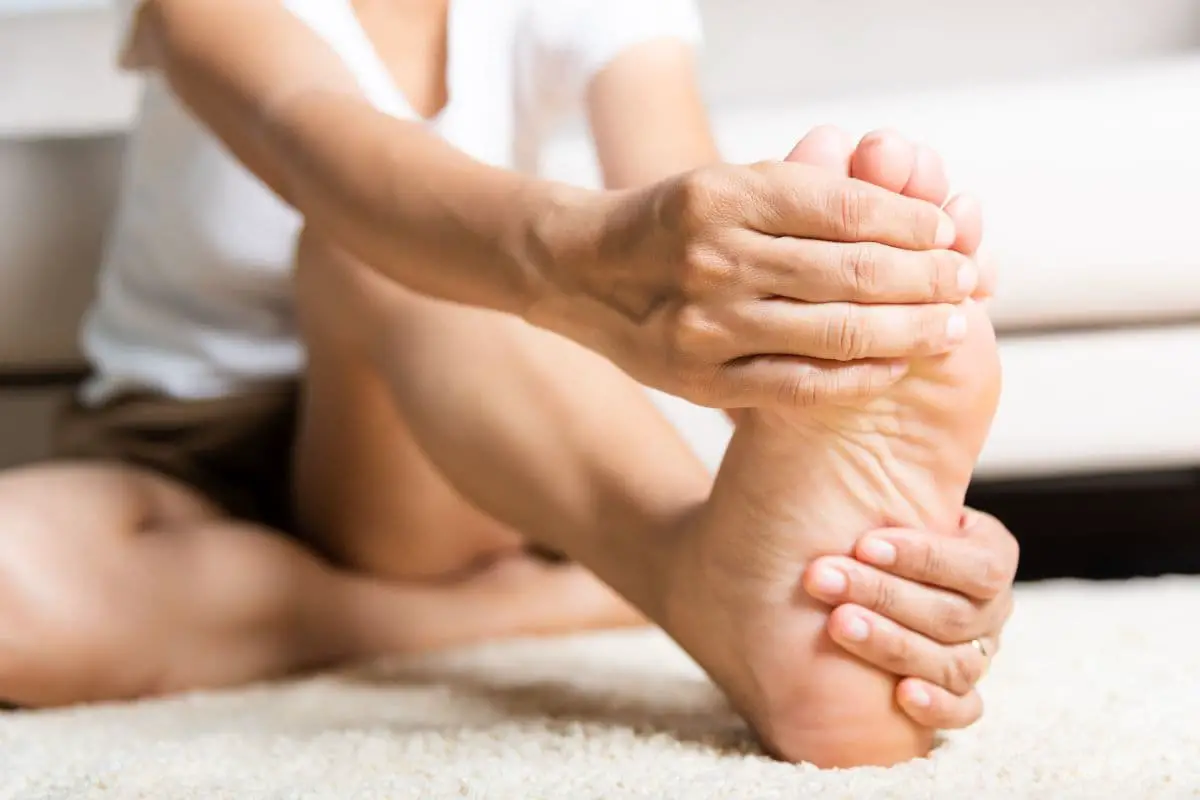
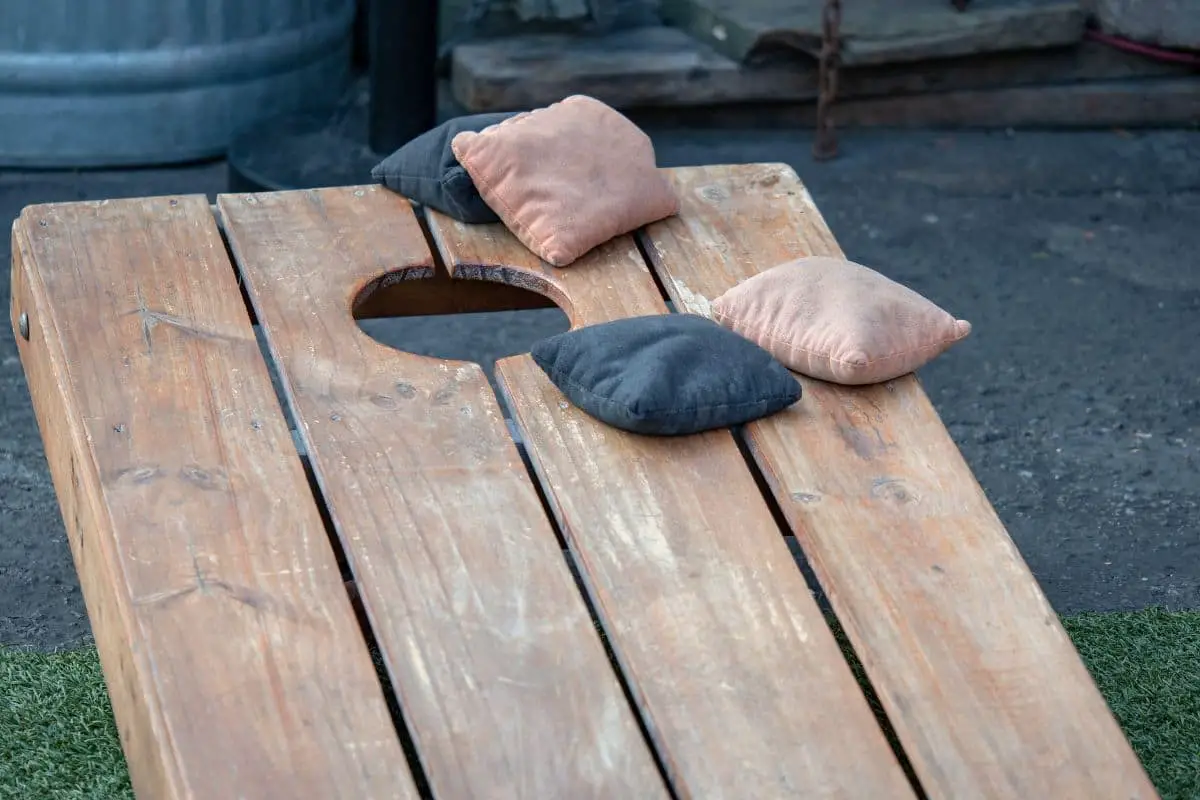
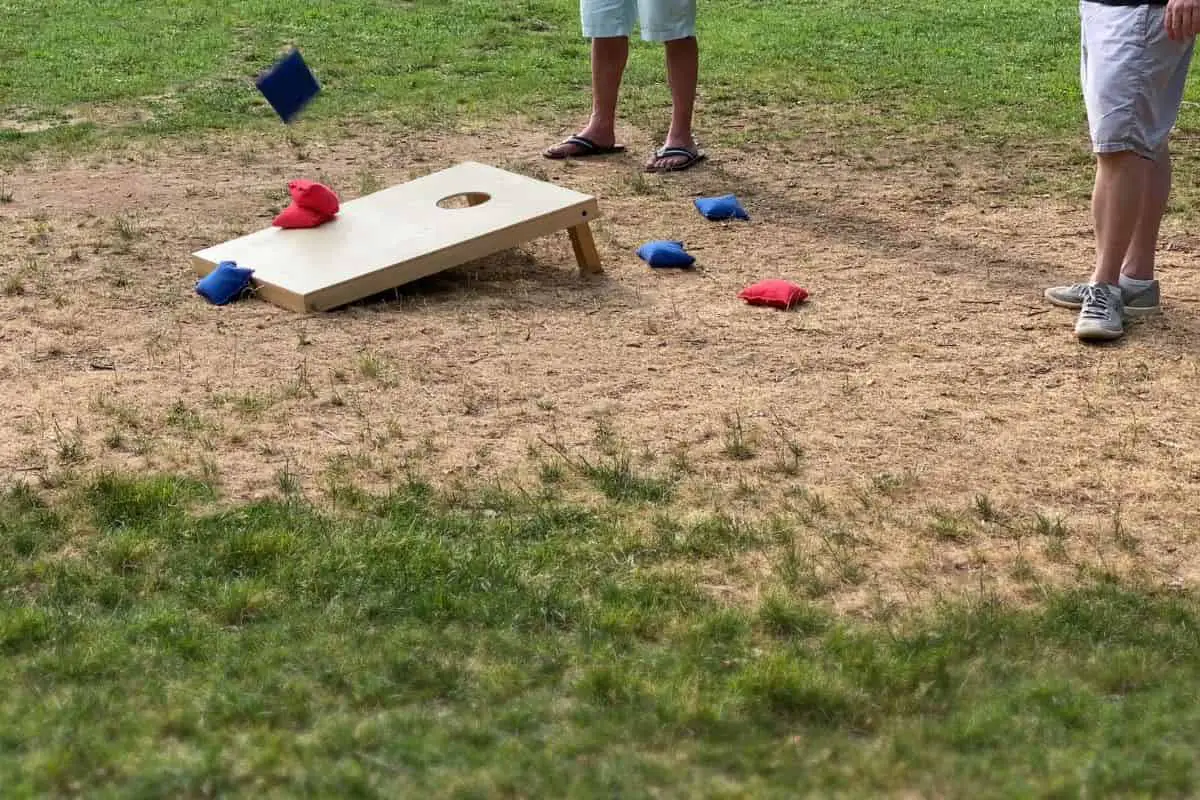
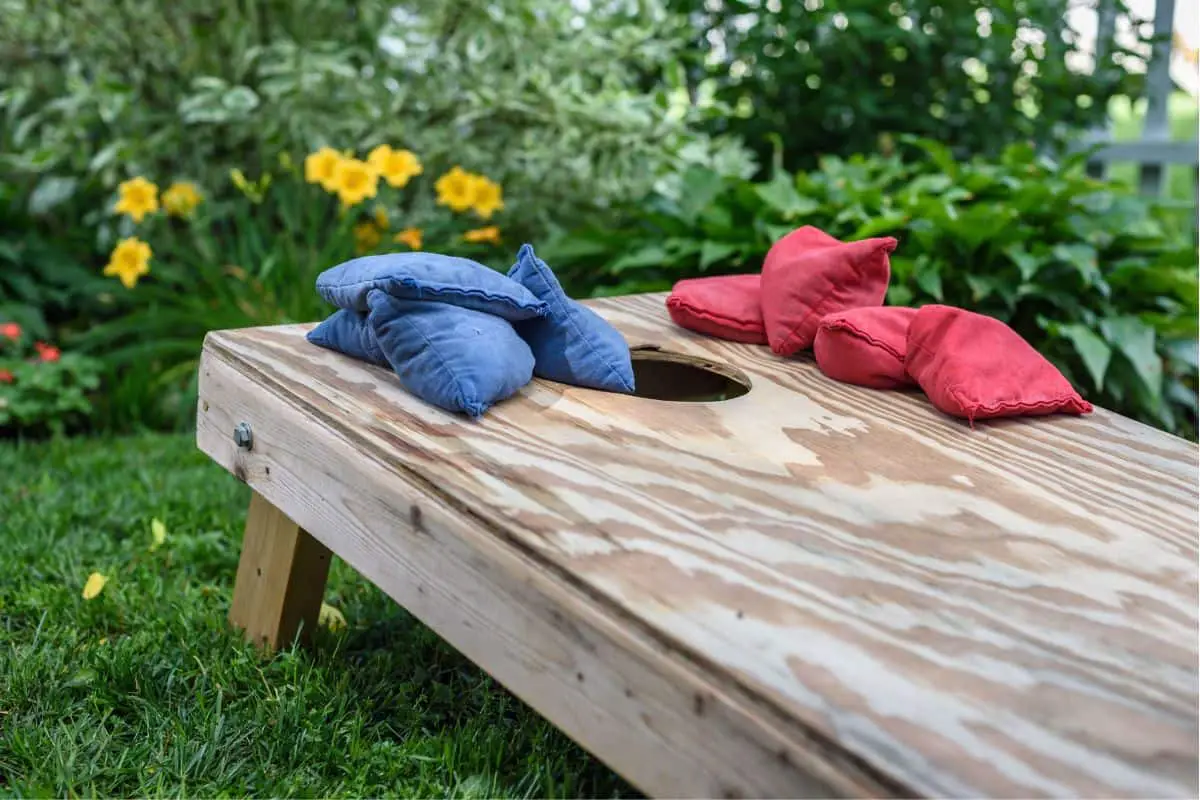

Leave a Reply